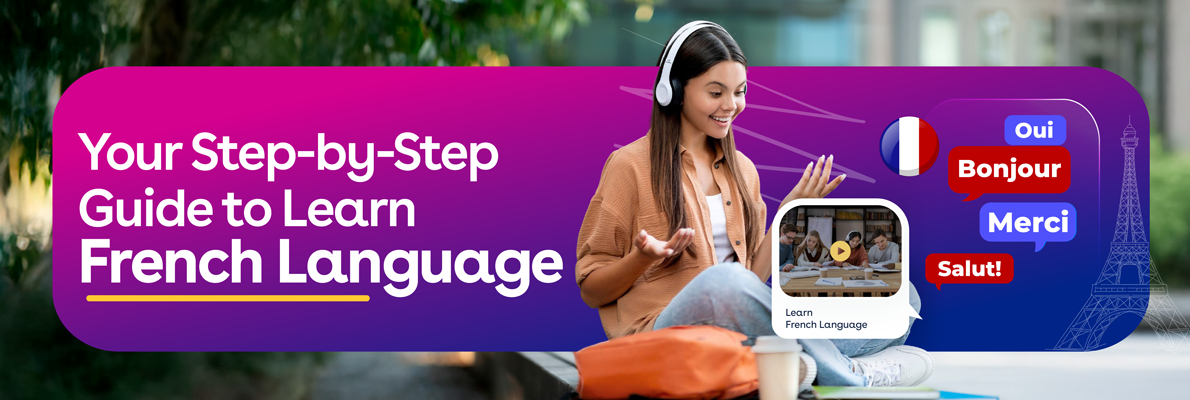Ever wondered what it feels like to effortlessly chat with locals in a Parisian café or secure that international job role simply because you're bilingual? These moments become reality when you discover how to learn French language effectively.
French truly is the language of love and opportunity combined. With 311.9 million speakers across the globe and serving as an official language in 29 countries, mastering French opens doors to multiple educational and employment opportunities. Since 1635, the prestigious Académie Française has carefully preserved this elegant language, ensuring its rich heritage continues to prosper.
